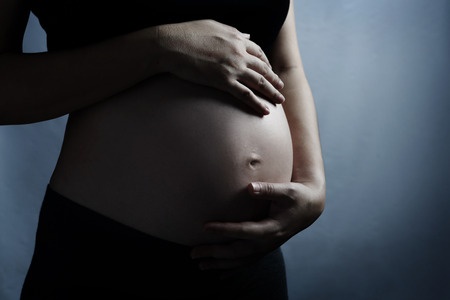A multi-million pound project to research the development of the immune system in babies in the womb and young children has been launched.
INITIALISE (Inflammation in human early life: targeting impacts on life-course health), a multi-institution project involving Professor Paul Fowler at the University of Aberdeen, will study the impact environmental factors have on the immune system in early life and whether targeted interventions could have a positive impact.
The development of the human immune system begins in the womb and continues after birth once the infant is exposed to bacteria, viruses, and other environmental factors.
INITIALISE will look at how a mother’s diet as well as exposure to factors like stress and chemicals can impact the immune system. The researchers will also try to understand if gut bacteria developed in early life can have an impact on people’s health as they age.
The study includes eight prospective and longitudinal birth cohort studies, where the researchers follow groups of children for a long period of time to observe the development of immune-mediated diseases.
Towards the end of the research project, the researchers will conduct a clinical pilot study which aims to discover whether the immune system can be “altered” to prevent the development of diseases.
Professor Paul Fowler, from the University of Aberdeen's School of Medicine, Medical Sciences and Nutrition, said: “It is very exciting to be part of this important research project. We are contributing the youngest cohort, the Scottish Advanced Fetal Research study. This project will enable us to investigate environmental factors disturbing human immune system development even before birth.”
The research project is led by the University of Turku, Finland and is coordinated by Professor Matej Orešič. It is supported by more than £6m in funding from Horizon Europe, with the UK proportion of the budget covered by the UKRI Horizon Europe Guarantee Fund.
Professor Orešič added: “The first few months and years are a very delicate and vulnerable time. We already know that the development of the human immune system in early life is connected to the risks of several diseases later in life, particularly allergies, asthma, and autoimmune diseases, such as type 1 diabetes. Yet, the mechanisms of immune imprinting in early life are still poorly understood.
“We are going to study how chemicals impact the immune system. Even a small exposure to chemicals can have serious consequences, and this also applies to other factors that shape our immune system. This is because in our first few years, we develop and change quickly and constantly.
“Our shared view is that effective early-life interventions targeting the immune system will have a positive impact on life-course health."


